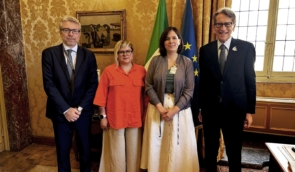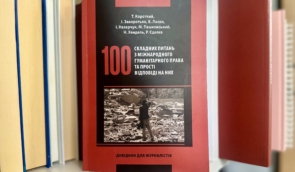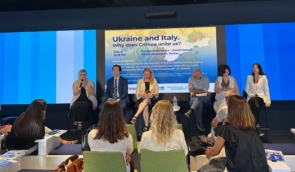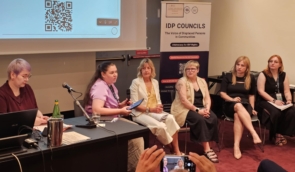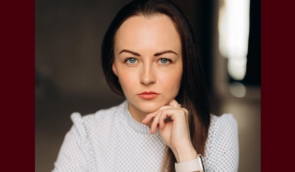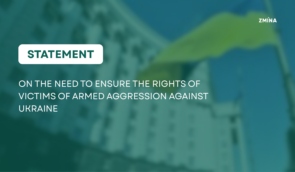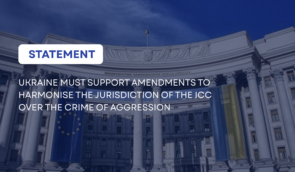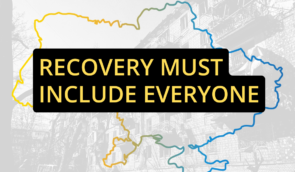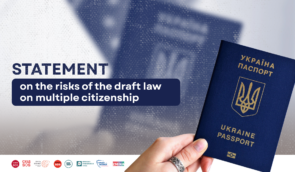Ukrainian human rights defenders spoke about the situation in occupied Crimea during the meeting with UNESCO
On February 16, 2024, Ukrainian human rights defenders met with UNESCO representatives in Kyiv, where they discussed the situation in occupied Crimea and the impact of Russian aggression on education, culture, and the state of the media on the peninsula. The event was held at the Ministry of Foreign Affairs of Ukraine.
 Photo: MFA
Photo: MFAThe meeting was attended by members of Crimea Platform Expert Network: the head of the Crimean Human Rights Group Olha Skrypnyk, the head of Human Rights Centre ZMINA Tetiana Pechonchyk, the lawyer of the Regional Center for Human Rights Daryna Pidhorna and the head of the CCE “Almenda” Mariia Sulialina.
Tetiana Pechonchyk noted in her speech, that for 2022-2023, ZMINA recorded 162 cases of persecution of journalists and bloggers in Crimea. According to her, these are mainly citizen journalists – ordinary citizens who try to cover the events on the peninsula, since independent journalism has been practically destroyed as a phenomenon in Crimea. The main types of persecution are detentions, arrests and fines for administrative offences, as well as criminal prosecutions of journalists, says the expert.
Pechonchyk adds that compared to 2021, when 160 cases of persecution of journalists were recorded, this number was halved after the full-scale invasion.
“However, this does not mean that the situation with freedom of speech has improved. This shows that there are practically no journalists left there, almost all manifestations of freedom of speech have been destroyed”, she said.
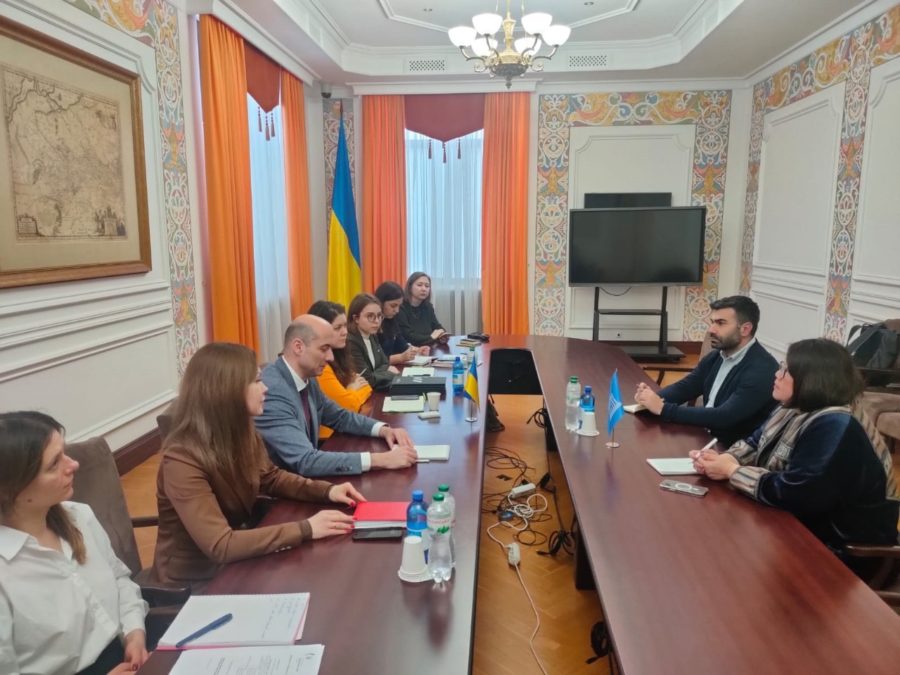 Photo: MFA
Photo: MFAThe human rights defender also reminded that 15 Crimean journalists are still in prison for criminally motivated cases, most of them are Crimean Tatar citizen journalists who cooperated with the “Crimean Solidarity” initiative. Tetiana Pechonchyk also stressed that against the background of the deaths of political prisoners in Russian colonies, the lack of medical aid to journalists-political prisoners with health problems, in particular Iryna Danylovych and Amet Suleimanov, causes extreme concern.
For reference: The United Nations Educational, Scientific and Cultural Organization is a specialised agency of the United Nations. Officially, UNESCO has existed since November 4, 1946, and unites 193 member countries and 11 associate members. The main task of UNESCO is to contribute to the strengthening of peace and security by expanding the cooperation of peoples in the field of education, science and culture, as well as instilling in people’s consciousness the need to protect peace.
The Crimea Platform is a new international consultation and coordination format initiated by Ukraine. The platform gathers under its auspices all thematic events and initiatives on the Crimean issue within international organisations, other international governmental and non-governmental forums. The non-governmental dimension is provided by Crimea Platform Expert Network, which unites Ukrainian and foreign experts, scientists, human rights defenders, who provide information, analytical and communication support for the platform’s activities. The Expert Network investigates the challenges caused by Russia’s occupation of Crimea, prepares recommendations for the platform’s government level, and conducts international advocacy.
If you have found a spelling error, please, notify us by selecting that text and pressing Ctrl+Enter.

